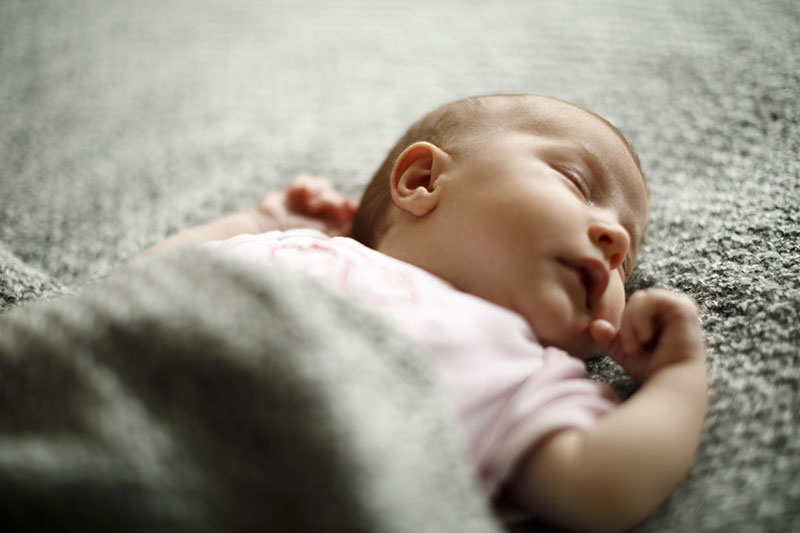Families For Life | Sleeping Away from Home Without You: Babies and Children

It can be tricky to get babies and young children to sleep away from home – for example, at a child care centre or a relative’s home. It helps to explain to children about what’s happening, keep to normal bedtime routines, and let carers know about children’s sleep needs.
Preparing your child to sleep away from home
Knowing what’s going to happen can help your child feel safer and happier.
It’s a good idea to explain to toddlers what’s going to happen in words they can understand. For example, ‘You’re having a sleepover at Nanna’s. She’ll give you milk and a story before bed, just like we do at home. I’ll see you tomorrow’.
Give pre-schoolers as much information as you think they can handle about:
where they’re going
who’ll be looking after them
where and when they’ll be sleeping.
You can make it fun by drawing pictures of what’s going to happen or by talking about the person your child is going to visit. Seeing photos of the person or speaking with the person on the phone might also help your child.
Maintaining your child’s sleep routine away from home
Bedtime away from home can be easier if you try to maintain your child’s usual sleep routine. For example, your child’s sleep routine might include things like a bath before bed, always reading two books, or singing quiet nursery rhymes together before bedtime. Doing the same things away from home can help your child adapt to an unfamiliar place.
If your toddler or pre-schooler has something special like a teddy, blanket or favourite pair of pyjamas, it might also help to pack these for overnight stays.
Sometimes it’s hard to maintain sleep routines when you’re travelling with children. Just use the parts of the routine that will work. For example, you might not have a bath, but you can still read two stories or sing nursery rhymes.
Letting caregivers know about your child’s sleep needs
It’s a good idea to describe your child’s sleeping habits to caregivers so they can keep your child’s routine the same when he’s away from home.
If the caregiver hasn’t looked after your child before, you could leave some notes about what you normally do and when. For example, ‘Bottle-feed at 6pm, bath at 6.30pm, and bed at 7pm’.
Most child care centres will follow your child’s regular feeding, sleeping and play routines. If you notice changes in your child’s routine when your child comes home from care, talk with the caregivers.
Just as you would make sure your child’s sleep environment at home is safe, make sure you’re confident your child is safe when sleeping away from home.
Sleeping at home after child care
Your child will probably have been quite active during a day at child care, and might be more tired than usual at the end of the day. Sometimes children sleep longer after they’ve been in care and might settle easily once back at home.
If your child is overtired and difficult to settle, try spending some extra time helping your child get back into your home routine.
© raisingchildren.net.au, translated and adapted with permission
Explore more